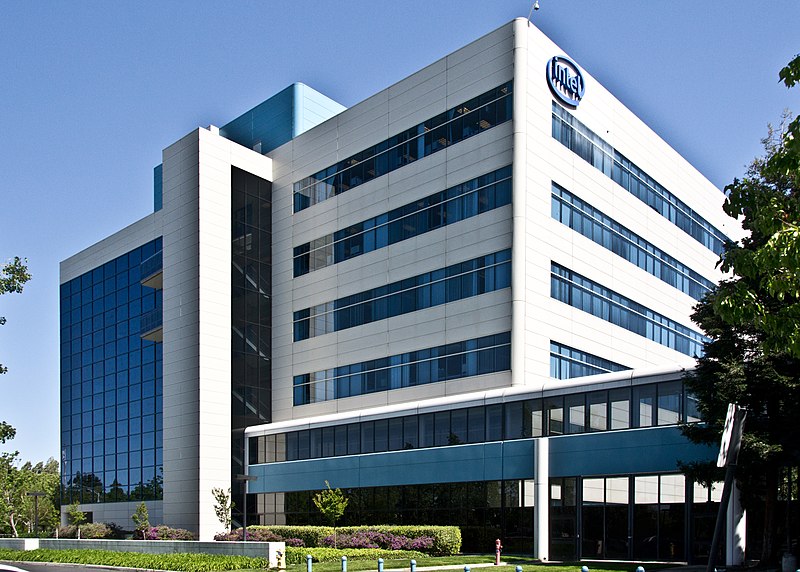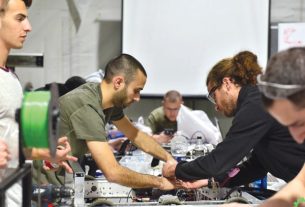Does this approach to failure apply to the public sector as well?
In the State of Israel, one of the main problems of the culture, as it is expressed in investigative committees, is the search for culprits. We are, almost without exception, looking for someone who can be blamed. For the most part, someone whose firing won’t shock the system too much.
We as a public have a tendency to demand the head of another person every week. On the other hand, many of our politicians have the tendency to sweep problems under the rug and look for other culprits to point to each time.
Finding culprits to blame, as opposed to understanding processes, is the biggest failure in conducting a proper investigation. Fear naturally causes everyone to cast a positive light on themselves – and thus the problems are blurred, and the path to recovery and improvement runs into a wall. ‘Not to look for culprits’ was one of the significant messages we learned from the [Israeli] Air Force.
Sometimes it is better to give those who fail the opportunity to correct matters. In our case, at Intel, this decision proved itself. Within five years, data communication became common, and today there is no longer any product – computer, mobile phone, etc. – that does not have Wi-Fi. Intel changed its product line, which brought Apple and all Internet and cloud companies to use its processors, and Intel Israel became the leading center for the entire company.
Financially, our failure became a resounding success. Within a few years, Intel took over the market. Of course, I will not claim that every failure is good and useful, but only that a well-managed failure can become an opportunity for change and opening new doors and ways. In this case, we were lucky to fail.
In the era of accelerated changes, the world is moving from a material-based economy to a knowledge- and content-based economy. It is true that money and oil are important and will probably remain so for the foreseeable future, but the change is evident. Ideas, certainly in a huge economic crisis shaking the world, are just as important or even more important than material.
As part of the process, there is no way to avoid failure. It would be more correct to say that many failures are to be expected. The trick is to know how to prepare and learn from them.
Is dealing with failure something we can teach our children?
The education system is an excellent example. When children prepare a project at school and fail, do we give them a zero? A good educator will grade the experience and direct the students to significant learning about the process that led to failure. So does the system itself. It needs to learn from its failures to date.
To paraphrase Albert Einstein, stupidity is repeating the same action over and over again and expecting a different result. In order to avoid repeating the same action, there is no other way than to go through each step and check what didn’t work. And if something did work, find out why.
We learn from hi-tech that failures are opportunities we must not squander. Charles Darwin is often misquoted, but the quote he never said is truer than ever: ‘It is not the strongest of the species that survives, nor the most intelligent that survives. It is the one that is most adaptable to change.’ And, we might add, most adaptable in the wake of failure. ■
The writer heads the Zvi Griliches Research Data Center at S. Neaman Institute, Technion. He blogs at www.timnovate.wordpress.com.



